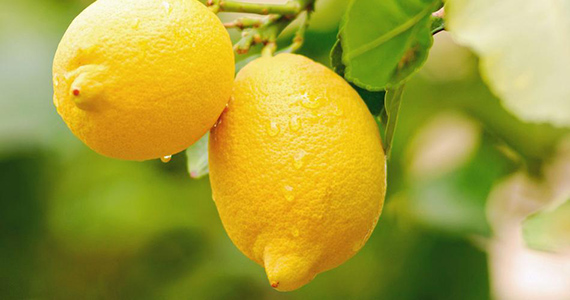
Lemon
Often purchased as a ‘one recipe’ ingredient, where only a segment of a lemon, or the rind, is called for, lemons are commonly left to waste half eaten in our fridges or fruit bowls. Luckily for us, they’re an ingredient that works in sweet and savoury cooking alike, making frugal cooking with lemons a breeze.
Store |
Lemons can be stored at room temperature in your fruit bowl for up to a week – after this time, lemons will begin to dry out and lose their moisture.
If you’re looking to keep lemons for longer than a week, place them in a thick plastic or zip-lock bag and store in your crisper. Lemons will last up to 4 weeks stored in this way.
If you’re only using half a lemon, store the other half covered with cling wrap in your fridge and use within 2-3 days.
Cook |
- Lemon juice easily translates into dressings for salads, steamed vegies and fish, as well as stuffings for roasts and capsicums.
- Lemon rind will add zing to anything from salads, risottos and casseroles to desserts such as lemon tarts, meringues and cakes.
- Have a lemon tree? Lemons in bulk can be made into lemonade, lemon curd or even preserved lemons to be stored and kept for using throughout the year.
Buy |
Look for lemons which are bright and firm to touch – ripe lemons are heavy with thin skin, meaning they’re good for juicing and should store for longer.
Fun Fact |
If you haven’t got time to use up lemons in the kitchen, they also make for a great cleaning supplement in the rest of your house. Rubbing lemons onto aluminium will help brighten surfaces, while mixing 2 tablespoons of lemon with 1/2 cup vinegar and 1 litre of water makes for a natural window cleaner.
Recipe Ideas |
Why not try your hand at these recipes which features different ways in which lemons can be used to add a subtle zing to a dish:


